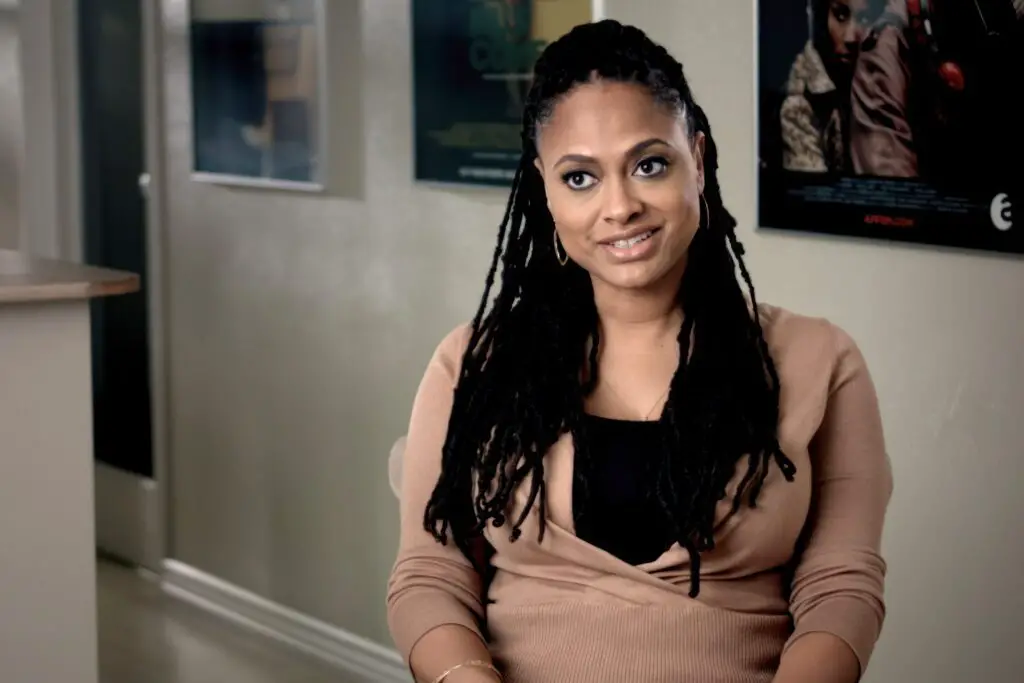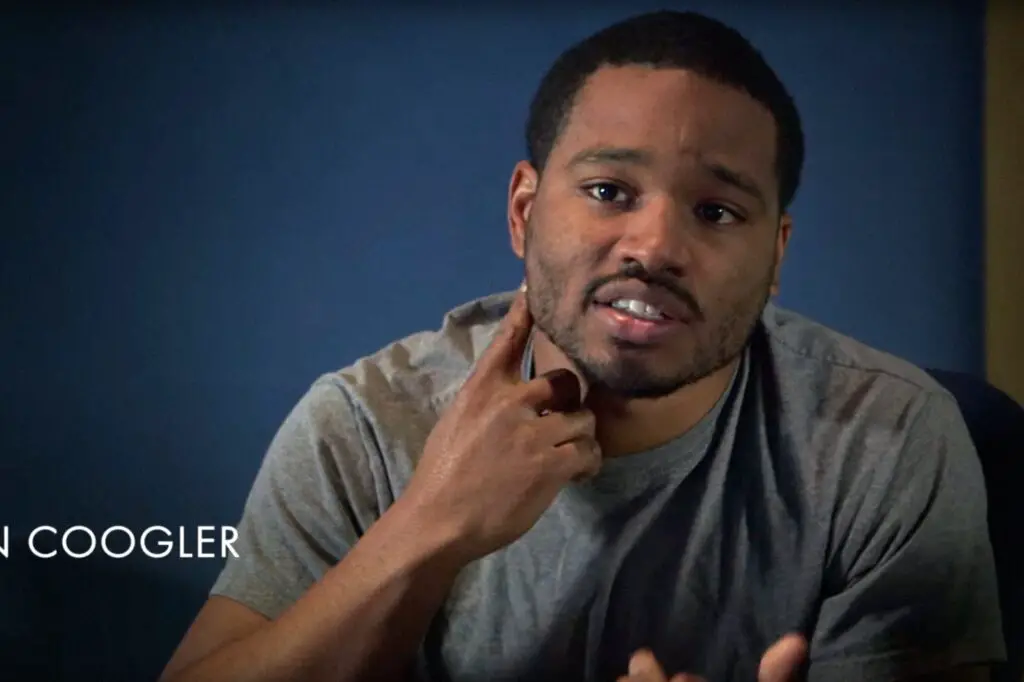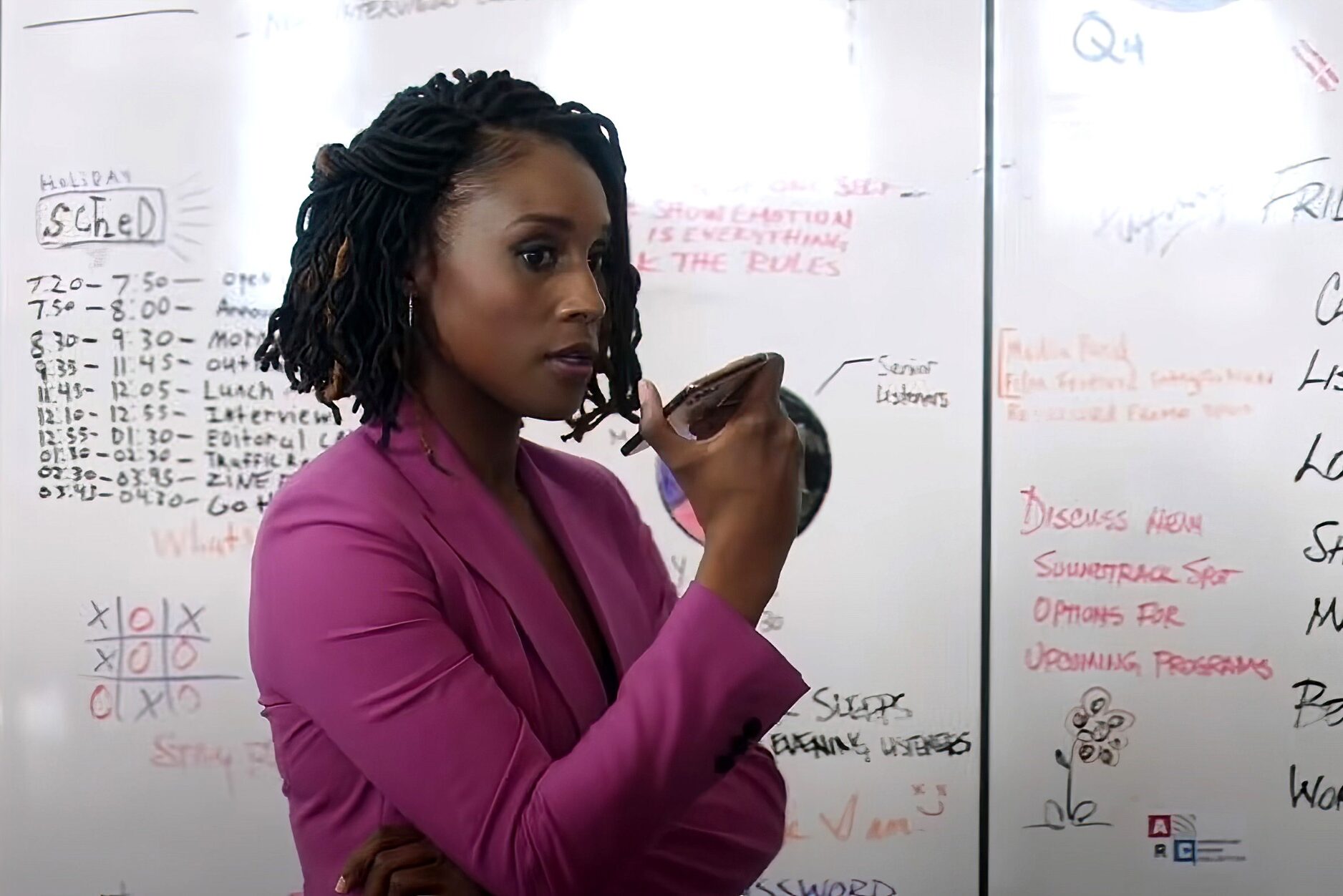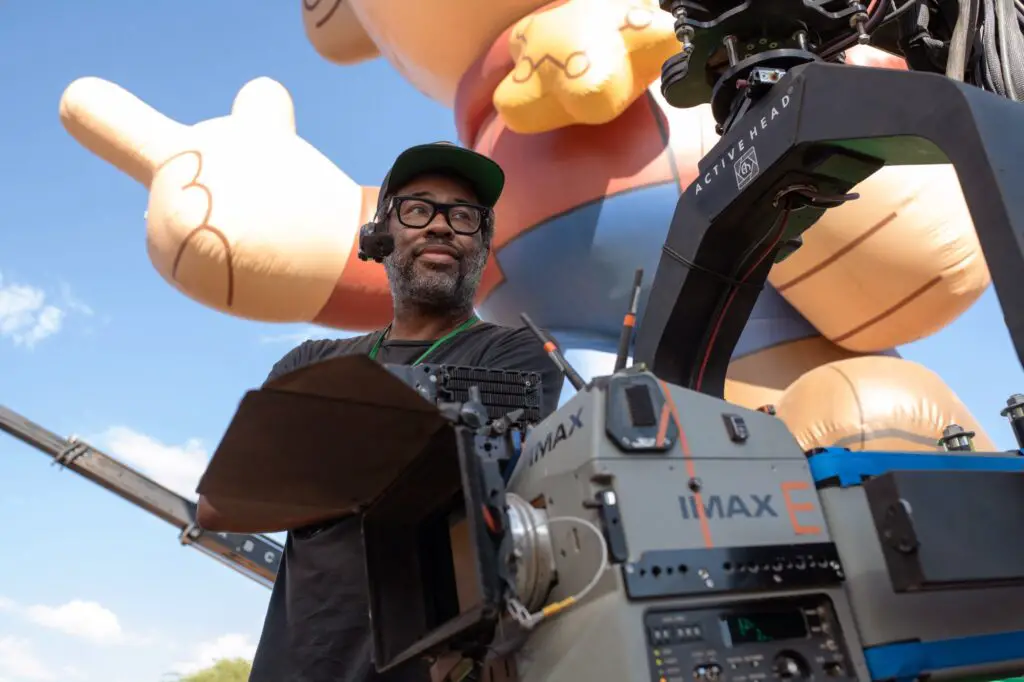1. Ava DuVernay

Ava DuVernay isn’t just making movies—she’s changing the entire industry. With films like Selma and 13th, she’s tackled race, history, and injustice in ways that make audiences think long after the credits roll. But what really sets her apart is her push for diversity behind the camera. She founded ARRAY, a distribution company that amplifies work by women and people of color, making sure their voices are heard. She’s also been a trailblazer in television, directing episodes of Queen Sugar with an all-female directing team shares Variety.
Her film A Wrinkle in Time made her the first Black woman to direct a movie with a budget over $100 million. She’s not waiting for Hollywood to catch up—she’s carving her own path and bringing others with her. From the powerful miniseries When They See Us to her continued advocacy, DuVernay proves that Black filmmakers don’t need to fit into the old system. They can create their own.
2. Ryan Coogler

Ryan Coogler is the kind of director who makes every project feel personal. His breakout film Fruitvale Station told the real-life story of Oscar Grant, a young Black man killed by police, and set the stage for his deeply emotional storytelling. Then came Creed, which revitalized the Rocky franchise while making sure it had something fresh to say. But it was Black Panther that truly changed the game, proving that a Black-led superhero movie could break records and redefine representation in Hollywood adds MSN.
Since then, Coogler has used his success to open doors for others. He co-founded Proximity Media, a production company dedicated to supporting Black creatives in film, television, and music. Instead of just working within Hollywood’s system, he’s making sure the industry becomes a place where more voices are heard. With projects like Black Panther: Wakanda Forever and beyond, he’s building a legacy that goes far beyond the box office.
3. Issa Rae

Issa Rae started with a web series and turned it into an empire. Her YouTube show Awkward Black Girl resonated with so many people that HBO took notice, leading to Insecure, a show that made her a household name. But Rae isn’t just a writer and actress—she’s a full-fledged mogul. She founded Hoorae Media, which produces TV shows, films, and music, all with the goal of uplifting underrepresented voices. She’s even ventured into the music industry, signing emerging artists to help them get mainstream exposure explains CNN.
What makes her different is how she keeps things authentic. She tells Black stories without watering them down for Hollywood’s expectations, and her projects feel real because they come from a real place. From comedy to drama, from TV to film, Rae is proving that Black creatives don’t have to wait for permission to take up space. They can just go ahead and do it.
4. Jordan Peele

Jordan Peele went from making people laugh to making them think—and scream. Most people knew him from Key & Peele, but he shocked everyone when he directed Get Out, a horror movie that was as socially relevant as it was terrifying. Then came Us and Nope, proving he wasn’t a one-hit wonder. His films mix horror, sci-fi, and deep cultural commentary in ways no one else is doing, making him one of the most original voices in Hollywood today.
But Peele isn’t just making his own movies—he’s helping others tell their stories too. His production company, Monkeypaw Productions, has backed films like BlacKkKlansman and Candyman, making sure that Black horror and thrillers aren’t just a trend, but a permanent fixture. He’s showing that genre films don’t have to be mindless entertainment—they can challenge audiences while still being wildly successful. Peele is proof that there’s power in telling stories your own way.
5. Barry Jenkins

Barry Jenkins knows how to tell a love story like no one else. Moonlight was a quiet, poetic masterpiece that won Best Picture at the Oscars, making history in the process. He followed it up with If Beale Street Could Talk, another stunning film that centered Black love, pain, and resilience. His work feels deeply intimate, often focusing on small moments that say everything. Unlike traditional Hollywood dramas, his films don’t rush to explain Black experiences—they just let them unfold naturally.
Jenkins isn’t afraid to take on big projects either. He adapted The Underground Railroad into a breathtaking miniseries that redefined what historical fiction could look like. Now, he’s stepping into new territory by directing a Lion King prequel, proving that he can move between indie films and massive blockbusters while staying true to his vision. With every project, Jenkins is making it clear: Black filmmakers don’t just deserve a seat at the table—they deserve to build their own.
